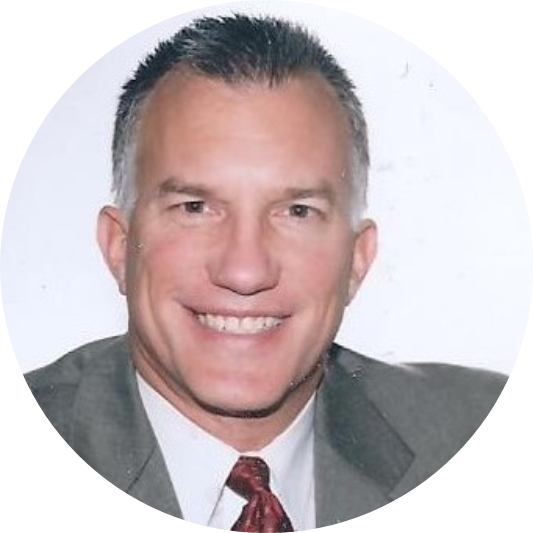By: Daniel G. Mazzola
A week ago I found myself badly in need of a haircut. Unwilling to drive to Georgia, I enlisted the aid of a friend whose experience in cutting hair was limited to styling her own. I was nervous but desperate times call for desperate measures. Lo and behold, she did such a good job that I received a number of compliments for my new haircut in the days to follow. I passed along this approbation. The woman responded by enrolling online in beautician classes, saying learning to cut hair professionally was “something I always wanted to do” and, in the midst of the lockdown, “I have time to do it”.
By going back to school (in the virtual sense anyway) this woman is enhancing her earnings potential, i.e. her human capital. A person’s human capital is based on education, experience, talents, social skills, health and ambition. Human capital is the most important form of capital in modern economies. One’s economic success depends on how extensively and effectively they invest in themselves and increase their human capital.
The current economic environment places more of a premium on education, training and other sources of knowledge than ever before. This can be inferred from changes in the relation between education and earnings. In the U.S., college graduates earn 50% more on average than high school graduates, and that gap is increasing rapidly.
Modern economies require that people acquire knowledge, skills and information not only when they are young but throughout their lives. Yet the basic method of securing knowledge has hardly changed throughout history. Since the time of Socrates teachers and students have met face to face for lectures and discussions. The development of the internet, however, has revolutionized this mode of education by allowing distance learning where teachers and students may interact closely even though they are separated physically.
Studies show that the overall time spent learning is the principal cost of investment in human capital. This expense is reduced when Web based instruction eliminates regular commutes to schools and other teaching facilities. Online instruction allows greater flexibility for students to connect with course materials, chat with other students and submit reports. People with full time jobs can choose the most convenient time to do their coursework, rather than be at the mercy of another party’s schedule.
I encourage anyone who has extra time on their hands these days to use this interval wisely by reinforcing their human capital. Specialized companies and industry associations are increasingly using webinars to convey information to professionals and students alike. A plethora of online courses provide an opportunity for working adults to advance an existing career or jumpstart a new one.
COVID-19 has had a disastrous impact on our economy. Yet disciples of the power of human capital are confident of a faster-than-expected recovery. This optimism is grounded in the idea that while trillions of dollars of financial capital has been lost, the global economy’s human capital is still intact. I would assert that it is in fact growing and stronger than ever. For evidence of this one has to look only at the successes of the scientists who have made great strides towards treatments and vaccines (naysayers be damned) and the aspirations and actions of a future hair stylist.

Daniel G. Mazzola, CPA, CFA, is an investment advisory representative with American Portfolios Advisors Inc. He is a Chartered Financial Analyst, Certified Public Accountant and Certified Financial Planner. Mr. Mazzola is a member of the NYSSCPA Personal Financial Planning Committee. DANMAZZOLA.COM


